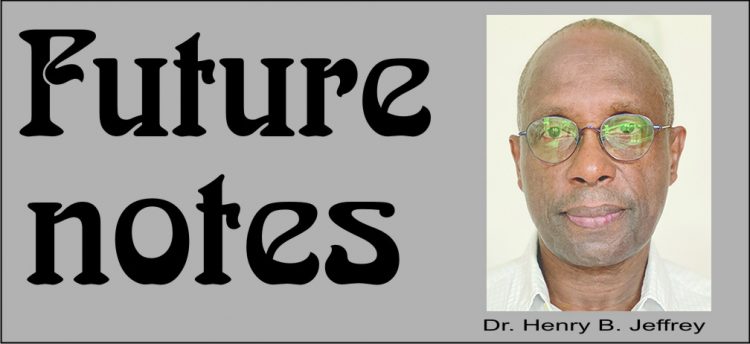
This statement gave me cause to pause and ponder for it would be difficult for anyone who casually peruses the local media not to come to a similar conclusion as to the condition of the sugar industry. And, if after hundreds of years, we have not been able to master the management of the less complicated process involved in sugar production, we should not be surprised if the low level of competence at present existing in the oil and gas industry continues well into the future! However, is Mr. Vieira correct in his view that a Booker Tate-type management team is again required?
The fact that our politicians are not accountable to ‘us’ in any meaningful manner is well known; is at the root of our poor condition and is here exposed again. In my view most Guyanese will agree that the industry is not functioning properly but the country will be evenly split about the causes of the present problems and which political side is capable of solving them. In such a context, governments cannot be held properly accountable and this is a major stumbling block to good public management in Guyana. However, I believe that Mr. Vieira made a huge assumption when he concluded that a Booker Tate-type arrangement is not in place because the main players do not remember it. I believe that it is not in place because, rightly or wrongly, it is viewed as something of an affront to Guyanese expertise. Indeed, having been around the process during the Booker Tate period, I would argue that from the day the PPP/C came to government in 1992 up to 2007, when Booker Tate left, there were always influential nationalist voices pressuring the PPP/C to dismantle the contract with the claim that Guyanese, and they in particular, could do better!
I used to and still do believe that those on both sides of the nationalist argument have not properly contextualized the problem. Booker Tate was brought to Guyana by Desmond Hoyte not only, or even essentially, for its technical expertise but because its historical relations with industry and the workers allowed it to deliver a concoction of vision and neutral management that his PNC regime, set upon a major restructuring including privitisation of the industry, would have found extremely difficult if not impossible to induce given the ethnic configurations of the industry. Managers require technical capabilities to be able to properly understand and devise solutions to the challenges facing an industry. But, particularly at the top level, their main task is to help develop and keep the vision and strategy of the organization intact by seeing that it is transmitted to and embedded in all stakeholders. ‘The ability to visualize and articulate a possible future state for an organization or company has always been a vital component of successful leadership. In fact, when initially describing someone as “a great business leader” the knee-jerk reaction is often to cite something about his or her strategic ability or vision. We often hear stories of exalted CEOs and their strategic prowess. The downfall of many a failed CEO has also been attributed to his or her lack of vision’ (https://hbr.org/2007/10/the-importance-of-vision).
A company like Booker Tate would have arrived in Guyana with technical expertise, but more importantly it would have had a clear vision, mission, timetable and exit strategy, particularly if, as is to be expected in this kind of unaccountable political environment, the situation becomes impossible for it to fulfill its vision and mission. Mr. Vieira is correct to claim that there is great confusion, but this is unavoidable if no clear vision has been transmitted. Can anyone – government, management, NICIL, the unions – clearly articulate such a vision and explain to the public how their activities will lead to its accomplishment? I think not. There does not even exist a holistic management structure and financial management and product development appear haphazard, e.g. borrowing and distributing large sums with questionable accountability, and in this era of globalization moving into the production of items that require an existing subsidised market that is under relentless pressure!
Please note that all this is taking place in an environment weighed down by a growing ethnic political division that the current regime has exacerbated and has no hope of ever seriously mitigating. At this time when restructuring is sorely needed the government is not in a position to develop a viable national vision and strategy for the industry and it is extremely doubtful that it could ‘export’ rather that solve its problem as did Desmond Hoyte. What is required if the sugar (and, I may add, the oil) industry is to rise above its present condition is radical political reforms that will hold the politicians accountable and more specifically allow the development and transmission of a national strategic vision.
Happy New Year.





